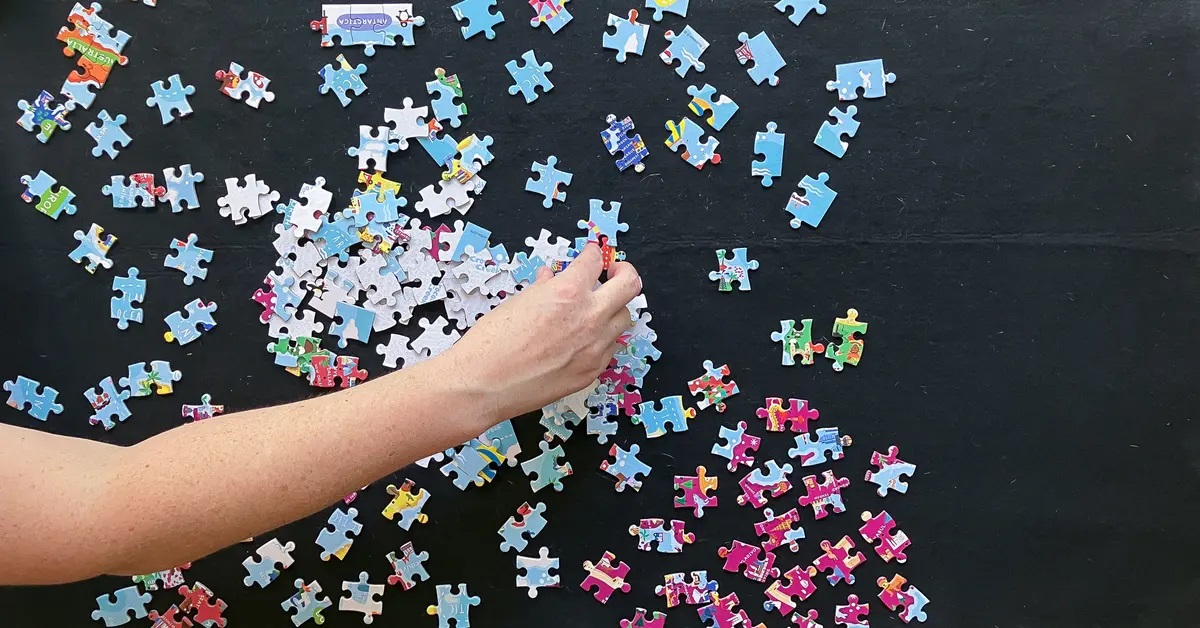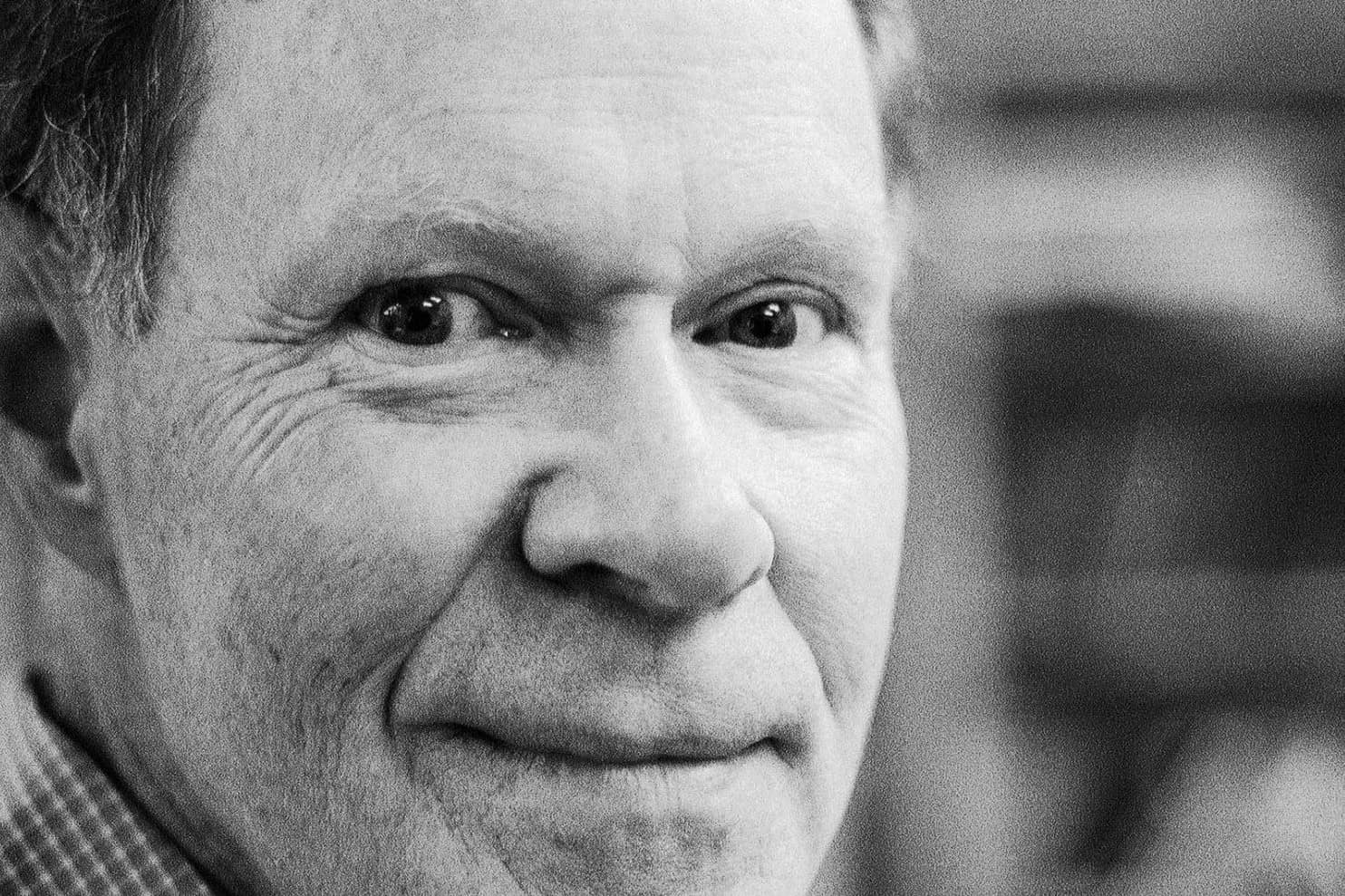
Are you a fan of puzzles? Whether you enjoy solving crosswords, sudoku, or brain-teasing riddles, puzzles have been a popular form of entertainment for ages. Not only are they entertaining, but puzzles also offer various cognitive benefits, such as improving memory, enhancing problem-solving skills, and boosting creativity.
In this article, we have compiled 20 fascinating puzzle facts that will ignite your curiosity and deep dive into the world of puzzling. From the origins of ancient puzzles to mind-boggling records and astonishing puzzle feats, these facts will surely amaze and captivate you. So, get ready to unravel the secrets behind the puzzle-solving phenomenon and discover intriguing tidbits about your favorite brain teasers.
Key Takeaways:
- The Rubik’s Cube has 43 quintillion combinations, making it a challenging and intricate puzzle that has captivated millions since its invention in 1974.
- Puzzles like crosswords and Sudoku have a rich history and can improve cognitive skills, making them not just fun pastimes, but also beneficial for brain health.
The Rubik’s Cube was invented in 1974.
Created by Hungarian architect Ern? Rubik, this iconic puzzle has captivated millions with its complex combination of twists and turns.
There are approximately 43 quintillion possible combinations of the Rubik’s Cube.
This mind-boggling number shows just how intricate and challenging this puzzle can be.
Sudoku originated in Switzerland.
Although Sudoku gained worldwide popularity, it was actually created by Swiss mathematician Leonhard Euler in the 18th century.
The crossword puzzle was first published in 1913.
This popular word game made its debut in the New York World newspaper, and its popularity quickly spread.
The jigsaw puzzle was originally used as a teaching tool.
John Spilsbury, a British engraver and mapmaker, created the first jigsaw puzzle in the 1760s to aid in geography education.
The Chinese Tangram puzzle consists of seven pieces.
These seven geometric shapes can be rearranged into countless different figures and patterns.
The word “puzzle” comes from the Old English word “pusle”.
Its original meaning was “to perplex” or “bewilder,” reflecting the challenging nature of puzzles.
The first crossword puzzle book was published in 1924.
It was titled “The Cross Word Puzzle Book” and was created by journalist Arthur Wynne.
The word “sudoku” means “single number” in Japanese.
This name reflects the puzzle’s objective of filling in the grid with single digits, 1 to 9, without repeating any number in a row, column, or 3×3 box.
The Tower of Hanoi puzzle was invented by French mathematician Édouard Lucas in 1883.
This mathematical puzzle consists of three pegs and a set of increasingly larger disks that need to be moved from one peg to another, following specific rules.
The first known mechanical puzzle was the Greek “Diabolos”.
It was a type of yo-yo-like object that had a hole in the middle, allowing it to be spun and caught.
The crossword puzzle gained widespread popularity during the Great Depression.
People turned to this engaging and affordable pastime as a means of entertainment during challenging times.
The world’s largest jigsaw puzzle consisted of over 551,232 pieces.
This massive puzzle was completed by a team of over 300 people and measured a staggering 27 feet by 6 feet.
The word “riddle” comes from the Old English word “r?dels”.
It means “a question or statement that requires clever or careful thought” and has been used throughout history to challenge and entertain.
The crossword puzzle was originally called a “word-cross”.
The name was later changed to “crossword” due to an error in a printing of one of the puzzles.
The 15 Puzzle was invented by Noyes Palmer Chapman in 1880.
This sliding puzzle consists of 15 numbered tiles that need to be rearranged into numerical order.
The word “enigma” means “a person or thing that is mysterious or difficult to understand”.
This word is often associated with complex puzzles or codes, such as the famous Enigma machine used during World War II.
The word search puzzle was popularized in the early 1960s.
It quickly became a beloved pastime, challenging players to find hidden words within a grid of letters.
The phrase “put the pieces of the puzzle together” is often used metaphorically.
It refers to the process of understanding or solving a complex problem by examining its various components.
The crossword puzzle can improve cognitive skills and memory.
Engaging in crossword puzzles regularly has been shown to benefit brain health and potentially reduce the risk of cognitive decline.
Conclusion
Puzzles have been a popular form of entertainment and mental exercise for centuries. From jigsaw puzzles to crossword puzzles to brain teasers, these challenging games provide hours of fun and help improve cognitive skills. The 20 puzzle facts we’ve explored in this article shed light on the fascinating world of puzzles, from their history to their benefits.
Whether you enjoy solving puzzles as a hobby or use them as a tool for sharpening your mind, puzzles offer a wide range of benefits. They can help improve critical thinking, problem-solving skills, memory retention, and overall mental agility. Additionally, puzzles provide a sense of accomplishment and satisfaction when solved, boosting mood and reducing stress.
So, the next time you come across a puzzle, don’t hesitate to give it a try. You might be surprised at how much you enjoy the challenge and the positive effects it can have on your mind.
FAQs
Q: Are puzzles only for children?
A: No, puzzles are for people of all ages. They are a great way to engage and challenge your mind, regardless of your age.
Q: How can puzzles benefit cognitive skills?
A: Puzzles require problem-solving, critical thinking, and memory retention, which all contribute to improving cognitive skills and mental agility.
Q: Are there different types of puzzles?
A: Yes, there are various types of puzzles, including jigsaw puzzles, crossword puzzles, logic puzzles, Sudoku, and brain teasers, each offering a unique challenge.
Q: Can puzzles help reduce stress?
A: Yes, solving puzzles can help reduce stress by diverting your attention from daily worries and providing a sense of relaxation and accomplishment.
Q: How do puzzles improve problem-solving skills?
A: Puzzles require you to think critically, analyze patterns, and come up with creative solutions, which enhances your problem-solving abilities.
Q: Where can I find puzzles to solve?
A: Puzzles can be found in various forms, including books, newspapers, magazines, online platforms, and even mobile apps dedicated to puzzles.
Puzzles captivate minds, offering endless entertainment and cognitive challenges. From ancient origins to modern-day popularity, puzzles continue evolving, providing solvers with fresh experiences. Explore more puzzle-related content, such as the intriguing world of puzzle solving or the excitement surrounding American crossword puzzle tournaments. Each article promises a wealth of knowledge, sure to satisfy your curiosity and leave you craving more. So, whether you're a seasoned puzzler or just starting your journey, keep reading to uncover the many secrets and joys puzzles hold.
Was this page helpful?
Our commitment to delivering trustworthy and engaging content is at the heart of what we do. Each fact on our site is contributed by real users like you, bringing a wealth of diverse insights and information. To ensure the highest standards of accuracy and reliability, our dedicated editors meticulously review each submission. This process guarantees that the facts we share are not only fascinating but also credible. Trust in our commitment to quality and authenticity as you explore and learn with us.


